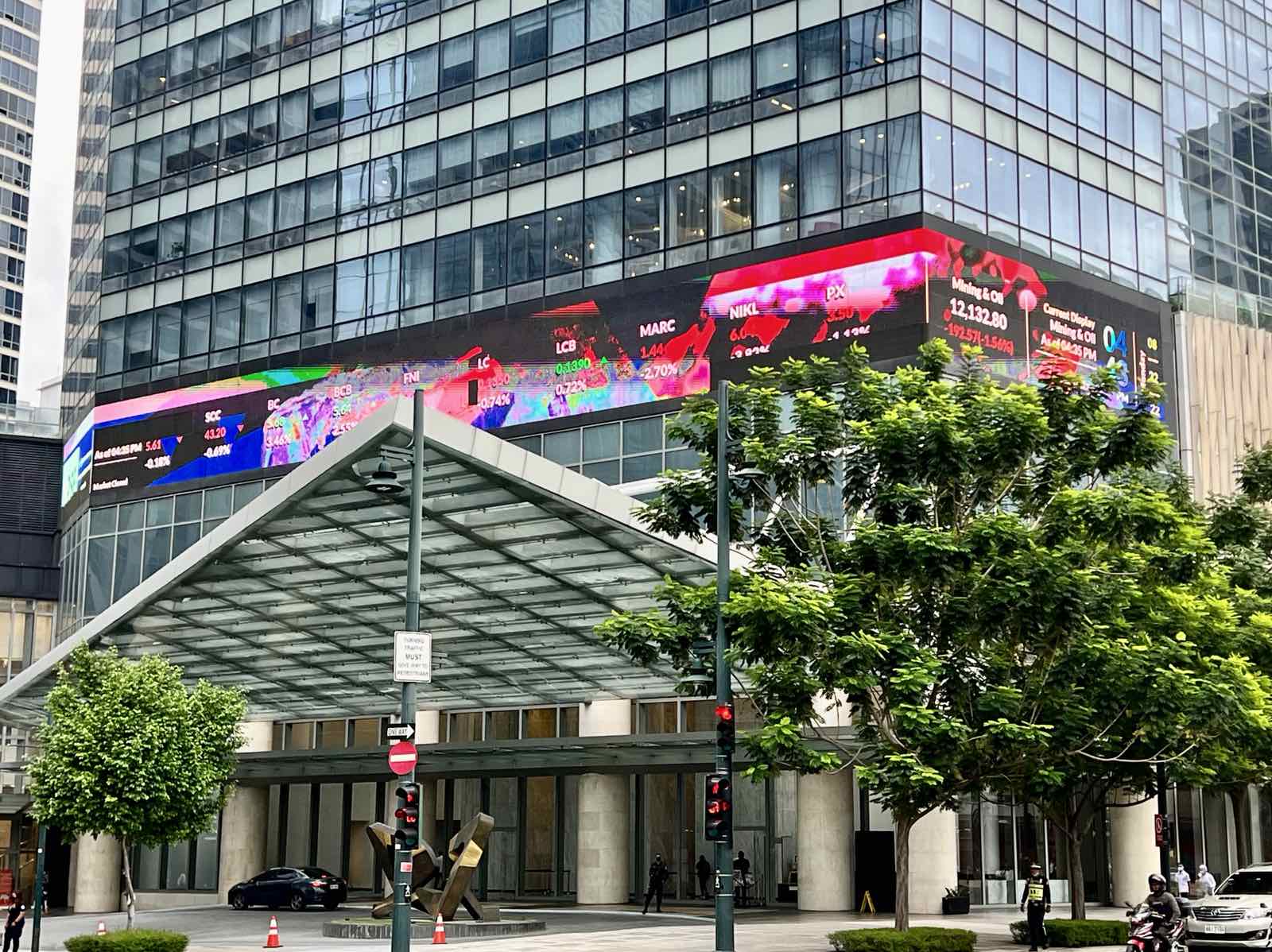
THE Department of Agriculture (DA) is eyeing an extension of the suspension on onion importation due to a surplus of commodity, ensuring supply will last until February next year.
Agriculture Assistant Secretary and spokesman Arnel de Mesa said that the onion import ban, set to expire until end-July, can be possibly extended.
"[Extension of suspension] is possible due to the level of inventory that we have now," de Mesa said at a press briefing on Tuesday, adding that the department has not yet determined on how long it will be extended.
He added that the DA is also considering the issue of spoilage that could affect 10 to 20 percent of the total volume. "So most likely between seven to eight months, that's the total shelf life of the current stock level of onions."
A temporary halt on onion imports up to May was ordered in January and was extended until July. The DA earlier cited a supply glut and plunging prices as factors for implementing the measure.
Data from the department showed that supply of onions as of June 21 reached 173,542 metric tons (MT) and is enough to last over eight months. The total volume includes 161,973 MT of red onions and 11,569 MT of the yellow type.
According to de Mesa, the supply is more than enough to meet the demand of about 21,000 MT per month. He explained that the current situation is still "very manageable" with prices ranging between P80 to P120 per kilo.
The situation is markedly different than in late 2022, when a supply shortage saw onion prices surge to over P700 per kilo.
Temporarily stopping onion importation will prevent the drop in prices of the bulb, the DA official said. However, de Mesa noted that there could be a possible provision to allow entry of yellow onions. Based on the data, supply of yellow onions could last for up to three months.
He attributed the surplus of onions to its favorable prices, encouraging farmers to plant more. There was also a 40-percent increase in the land area dedicated to onion cultivation.
On price monitoring, de Mesa said that the department does not intend to issue a suggested retail price (SRP) or any form of price control.
"It's counterproductive if we issue an SRP or any price control. Looking at the good volume, the prices are not bad either," he added.
Read The Rest at :


